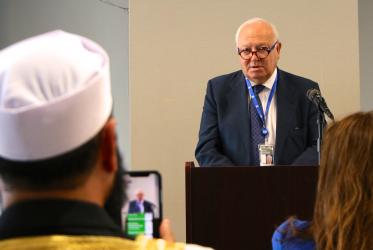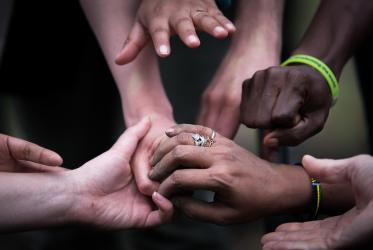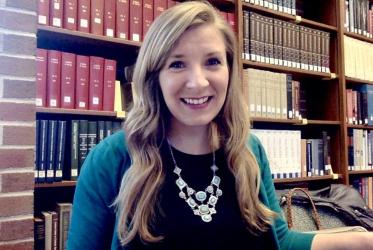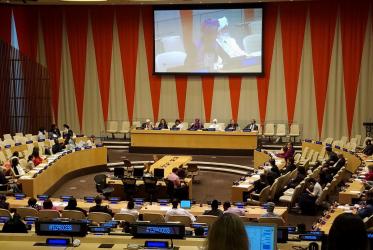Displaying 1 - 20 of 42
Worshipping safely: UN, faith communities unite to prevent violence
20 September 2019
Dr Saïd Ailabouni: God is on the side of rejected, oppressed, occupied
12 September 2019
Latest gun violence in US poses challenges for churches
05 August 2019
Peacemakers at work in Sri Lanka
29 April 2019
Peace is common denominator of all major religions
05 March 2019
"Diversity" documentary reflects on maze of self-identity in Canada
27 September 2018
Faces of Hope raises awareness
07 March 2018
G20 summit: call to pray for peace in Hamburg
07 July 2017
















